How we help
Programs
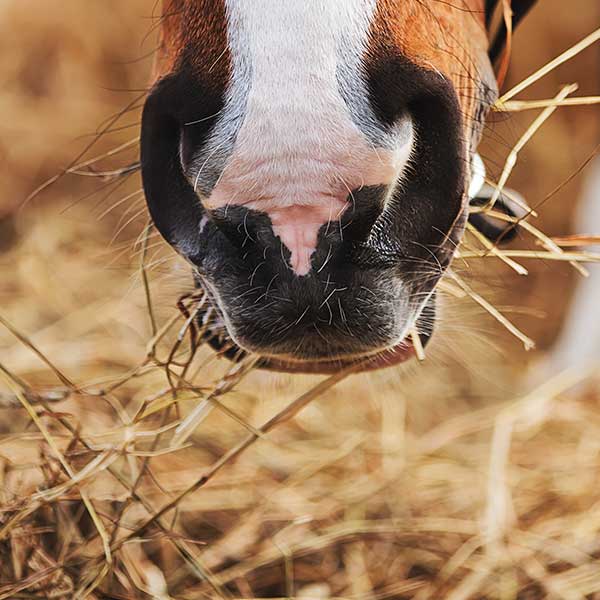
Support Our rescue horses
Hay fund
Our center offers sanctuary and rehabilitation to abused, neglected and unwanted horses. These horses come to us scared, starved and suffering. Your donation will make it possible for these horses to heal. A donation of just $10.00 will purchase one bale of hay and will feed one rescue horse for three days. We will need to purchase 3,000 bales, a cost of $30,000 to feed all of our horses for the next year.
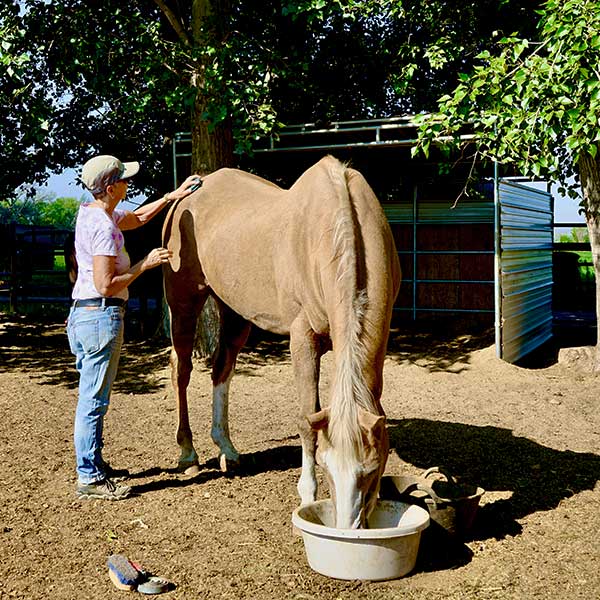
learn & Grow
Education
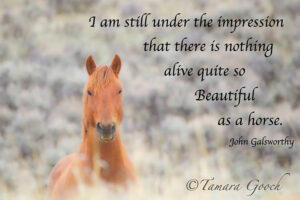
Please make a donation to our Hay Fund
hay fund
Our center offers sanctuary and rehabilitation to abused, neglected and unwanted horses. These horses come to us scared, starved and suffering. Your donation will make it possible for these horses to heal. A donation of just $10.00 will purchase one bale of hay and will feed one rescue horse for three days. We will need to purchase 3,000 bales, a cost of $30,000 to feed all of our horses for the next year.
We will need to purchase Senior Grain at $21 a bag. A pallet of grain (40 bags) will feed our senior horses for 2 weeks. We use two pallets a month (80 bags) to take care of our wonderful senior horses. This is a cost of $20,000 a year.
If you would like to offer support to the Western Slope Hay Bank in the form of hay or cash donations, please contact End of the Trail Rescue, Inc. (970) 901-0502.
All donations are tax deductible.
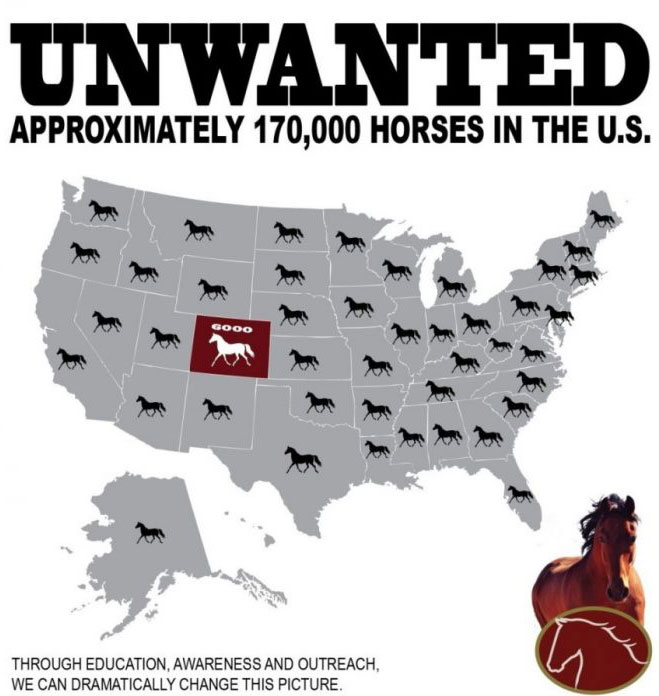
over 20 years of experience
Important Facts
End of the Trail Rescue provides emergency relief, shelter, care, rehabilitation foster/adoption services for abused, abandoned, and unwanted horses, as well as educating the community on the link between animal abuse and domestic violence. We are a Horse Sanctuary offering horses a second chance to be cared for, nurtured, and valued; to provide shelter and humane treatment to horses that have been abused, neglected or unwanted; and to educate the community with reference to animal abuse as well as how or where to report it.
Our End of the Trail Rescue & Dream Catcher Therapy Center have witnessed, for over 20 years the healing impact that horses have on individuals with mental and physical challenges. It only seemed natural for us to provide a place of healing and sanctuary for our four-legged therapists, so End of the Trail Rescue was established as a sister Non-Profit with Dream Catcher Therapy Center.
“Watching a horse and child, both from environments filled with abuse and neglect, neither in control, leaning on each other to rebuild broken dreams, trust, and love is truly awe-inspiring.”
ready to learn more?
FAQs & Information
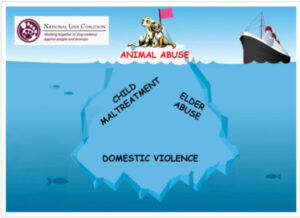
The Link is the connection between animal abuse or neglect and violent crimes committed against people. With companion animals becoming more important in today’s households, the interconnection between animal abuse and human violence is now more prevalent than ever.
Animal abuse is “the tip of the iceberg”: the way animals are regarded in a family is a window into interpersonal relationships and family dynamics. Investigators who find animal cruelty, abuse or neglect are rarely surprised to see other issues lurking beneath the surface.
In a study of domestic violence shelters across the country, 85.4% of shelter directors encountered cases in which women disclosed animal abuse.
Eighty-eight percent of homes with physically abused children also include abuse or neglect of the family pet. Studies show that adults who are about to become spousal or child abusers will attack animals in the household first. These attacks should be taken as warning signs by other people in the home.
Many domestic abuse victims delay leaving the situation for fear of what the abuser will do to the animals left behind.
State Statute 18-9-202 Cruelty to Animals is summarized as follows:
A person commits cruelty to animals if he or she knowingly, recklessly, or with criminal negligence or intent mistreats or deprives the animal of proper food, water, vet/farrier care, or proper housing.
For more information, contact Kathy Hamm.